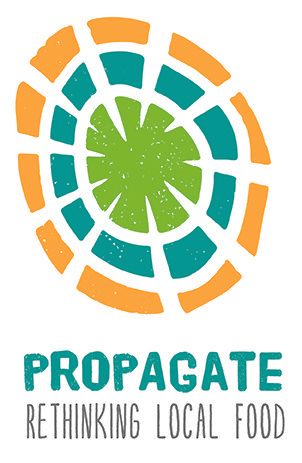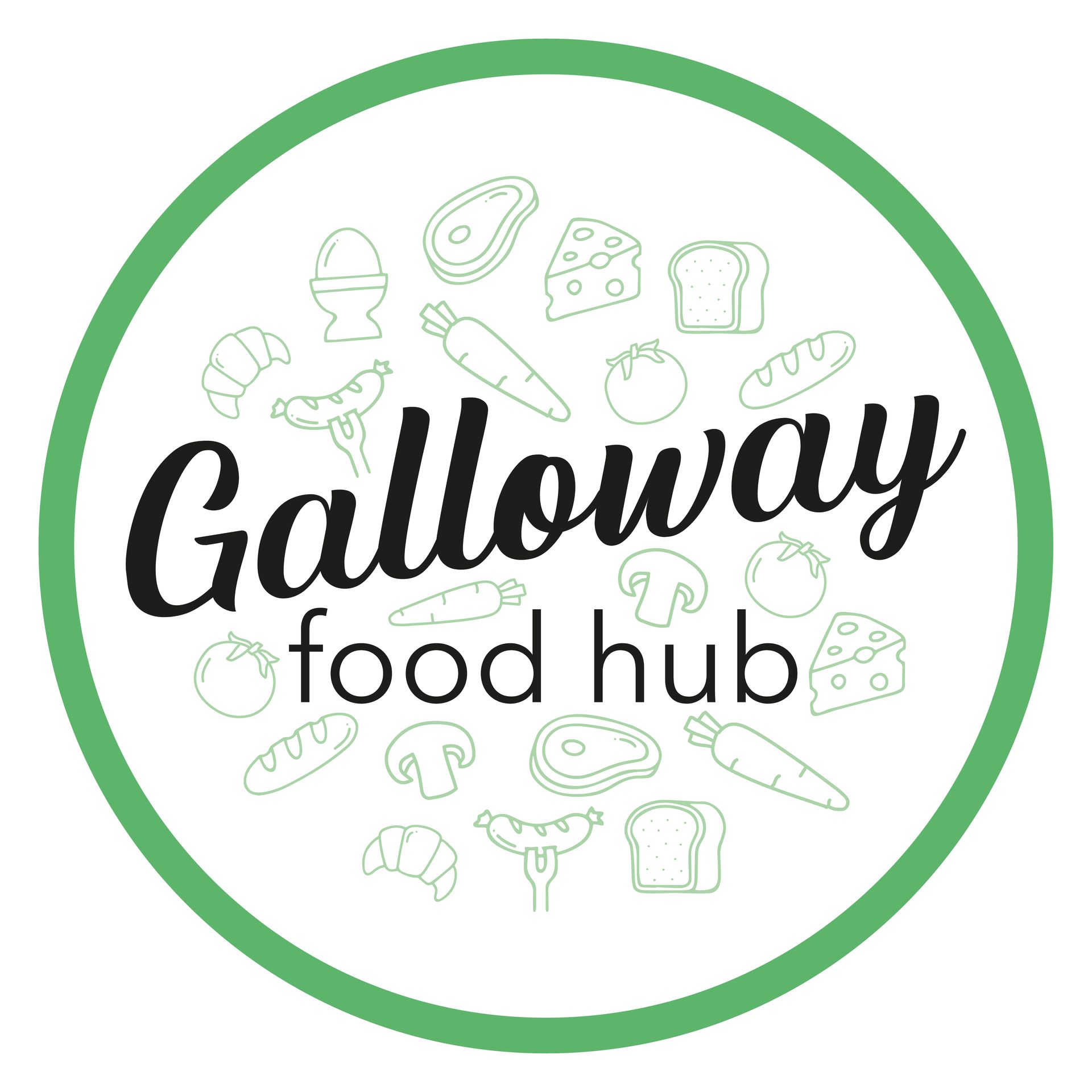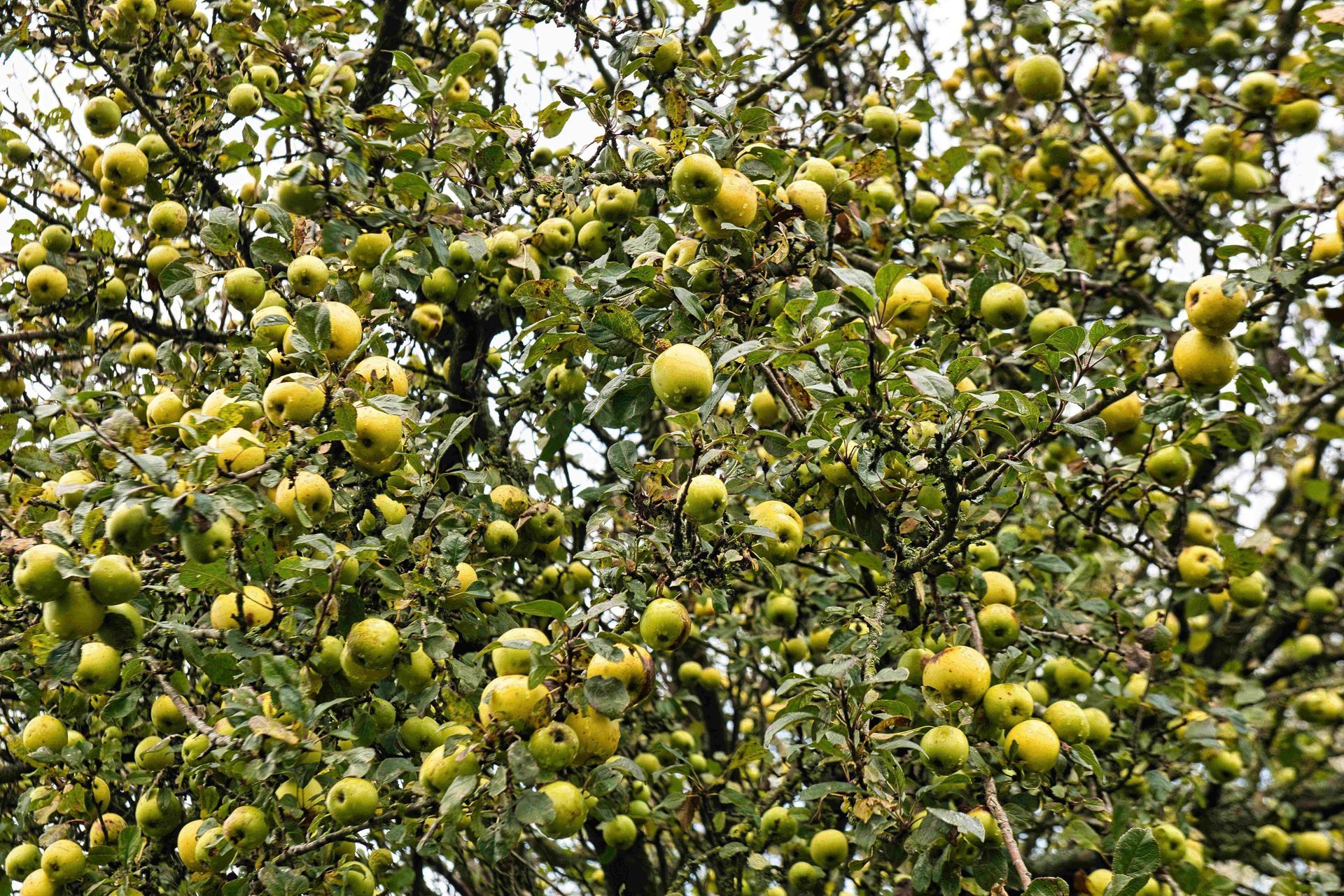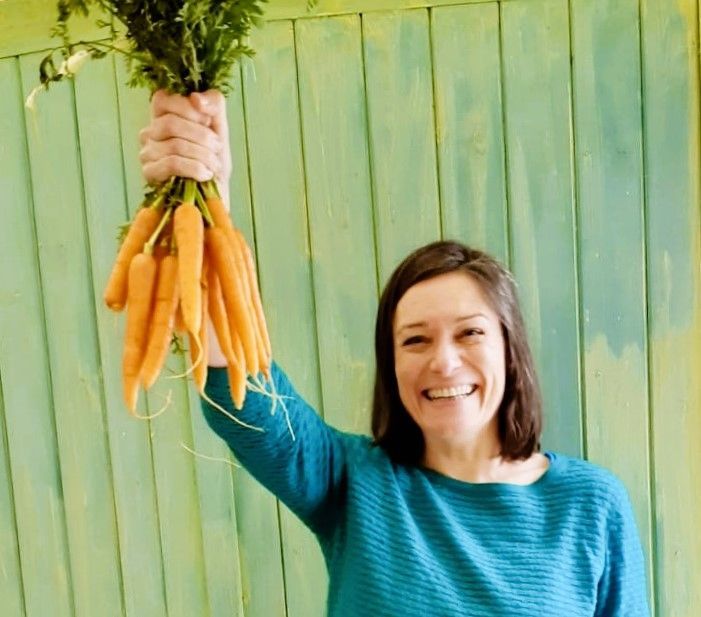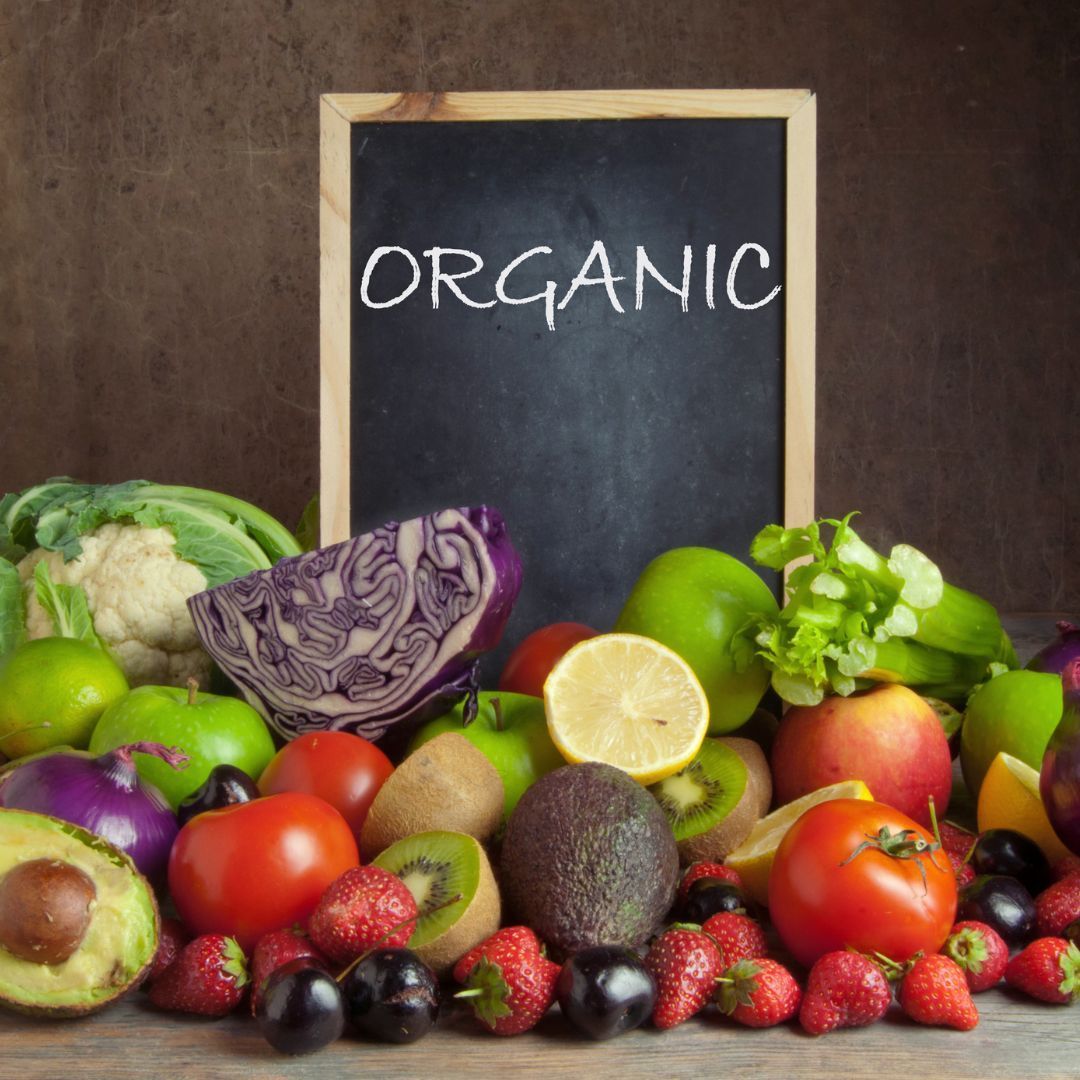What is organic food?
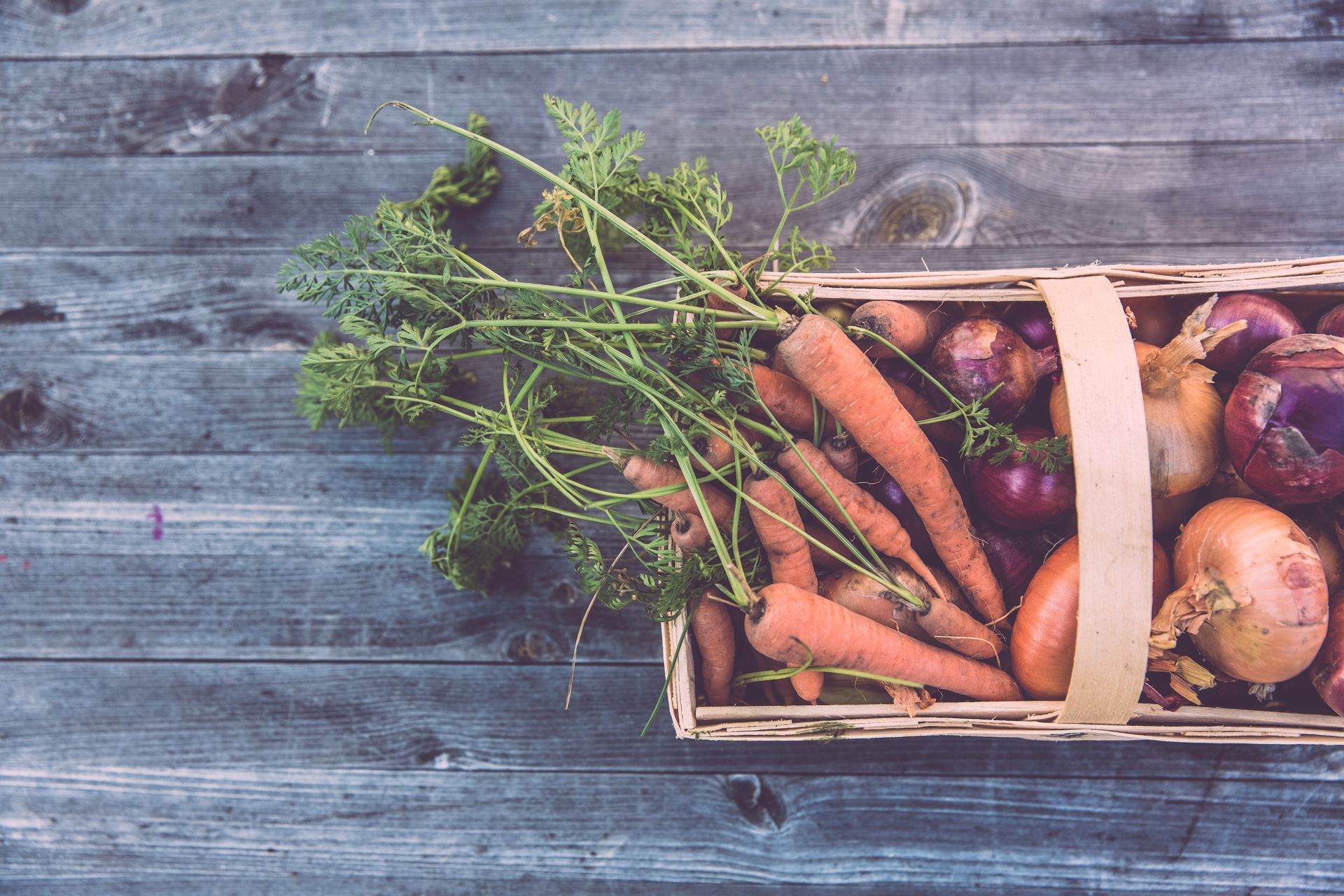
BLOG
As September heralds the call to organic food month, we are running a series of blog posts to share our thoughts and information around all things organic food.
In this blog series we'll explore:
· What organic food is.
· Why organic food is better.
· Why organic food costs more.
· What organic food means to us.
Simply put: Organic food comes from organic farming which seeks to work with natural processes using methods that are designed to achieve a sustainable production system with limited use of external inputs.
As 'organic' is a protected term, subject to legal regulation, anything that states ‘organic’ on the label is likely to be made in a commercial way. Anyone using an organic mark must pay for this process and go through rigorous testing to comply with the legislation. Most producers go for ‘organic certification’ when they intend to sell to a regulated outlet such as a supermarket or restaurant chain. Converting a farm to organic can be a lengthy process, over 2-3 years minimum. Many people who grow fruit and vegetables themselves at home may grow in an organic way if you buy organic seeds, use natural peat free composts from plant and organic animal made manure, and avoid using synthetic chemicals.
However, many smaller producers follow organic principles but choose not to get certified for cost and time reasons. However, they may be even stricter with their inputs for both ethical and commercial reasons. Buying chemical inputs and medical supplies for animal isn’t cheap and if a natural, more time consuming, but more cost-effective method is available then that is often the way smaller farmers and growers will work and those conscious larger certified producers too.
For a manufactured food or drink product to be labelled as organic, at least 95% of the ingredients must come from organically produced plants or animals. Retail shops can also apply for organic certification. There are many organic certification bodies around the world. The Soil Association is the largest in the UK and the charity which started this is a great place to learn more about organic principles https://www.soilassociation.org/
The Glenkens food hub have several certified organic producers and all our other producers work along organic principles and are aligned with our Good Food Criteria. Whenever we buy in food that is not local we source organic certified produce to give us confidence that the food is produced in a climate and nature friendly way.
Picture credit: https://unsplash.com/photos/ZKNsVqbRSPEtm_source=unsplash&utm_medium=referral&utm_content=creditShareLink
